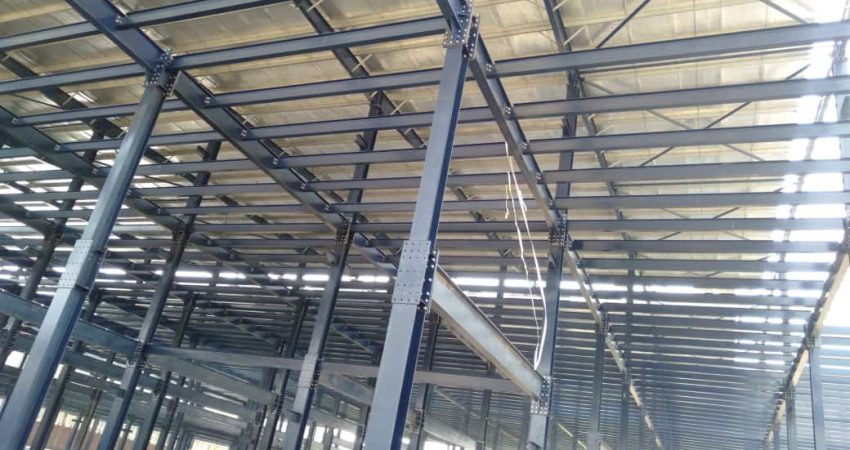Introduction: Industrial applications often require large, open spaces that can be constructed quickly and economically. Pre-engineered buildings (PEBs) provide the ideal solution, offering a range of benefits that make them the perfect fit for industrial use.
Main Points:
- Durability and Strength:
PEBs are designed to withstand harsh environments, including heavy loads, high winds, and seismic activity. This makes them ideal for industrial sectors where durability is paramount. - Scalability and Flexibility:
Industrial buildings need to be scalable to meet future growth. PEBs allow easy expansion without significant alterations to the original structure, providing flexibility for industries that may need to grow over time. - Reduced Construction and Maintenance Costs:
The lower costs of PEB construction compared to traditional methods are especially beneficial for large-scale industrial projects. Additionally, PEBs require minimal maintenance, further saving money in the long run. - Energy Efficiency:
PEBs can incorporate energy-efficient insulation, natural lighting, and solar panels, helping industries reduce their carbon footprint and energy costs. - Speed of Construction:
With many industrial projects, time is of the essence. The fast construction process of PEBs ensures that projects are completed in a fraction of the time it would take to build using conventional methods, minimizing downtime for companies.
Conclusion: PEBs are a smart investment for industrial applications due to their speed, cost-effectiveness, and adaptability. They provide a durable, long-lasting solution that can grow with a business, making them the preferred choice in many sectors.
